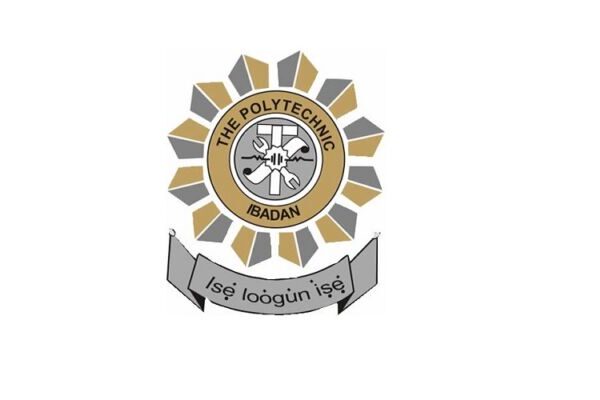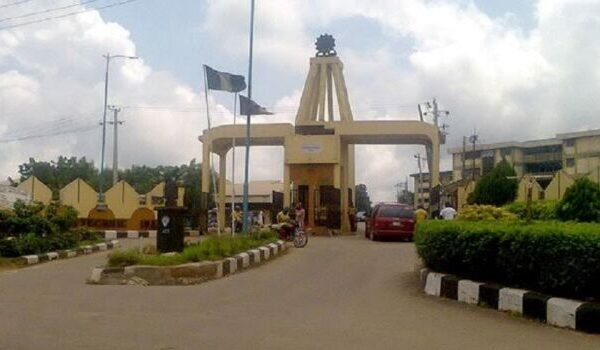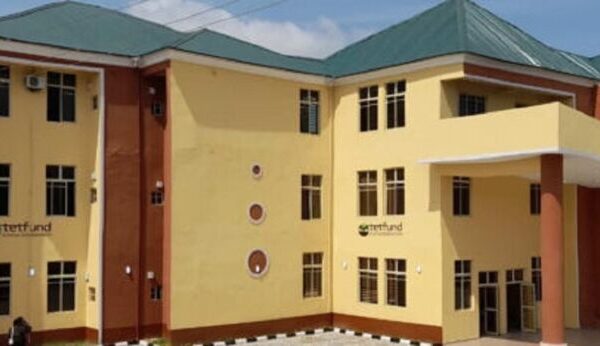
THE POLYTECHNIC IBADAN
Our history
The Polytechnic, Ibadan was established on 7th August 1970 as a successor to the erstwhile Technical College, Ibadan under the provisions of a Principal Edit 1970. This Edict has undergone several amendments in order to make The Polytechnic relevant to the present day needs of Oyo State, the proprietor in particular, Nigeria, and the World at large.
The primary function of The Polytechnic is to provide for students training and development of techniques in Applied Science, Engineering, Environmental, Studies and Commerce. The Polytechnic has been producing mainly middle-level manpower that has been making valuable contributions to the Social and Economic development of the country. Over the years, The Polytechnic has also produced high-level manpower in some areas such as Urban and Regional planning, Mass communication etc.
The primary focus of The Polytechnic is training that is practical oriented. The institution has been performing this function creditably in the last fifty years. The graduates of The Polytechnic, Ibadan are found in almost all areas of endeavour all over the country and even outside the country. Some of them have become captains of industries and commerce. By the amendment to the principal Edict of The Polytechnic which came into force on 17th March, 1987, four Satellite Campuses of The Polytechnic were created. They took off during 1981/82 session and were sited at Eruwa, Saki, Iree and Esa-Oke. Each of the campuses was headed by a Director who was responsible to the Rector for the administration and discipline of the campus.
However, with the creation of Osun State, the campuses at Iree and Esa- Oke have become the property of Osun State Government and are today known as Osun State Polytechnic Iree and Osun State College of Technology Esa-Oke. Equally, the campuses in Saki and Eruwa are now full fledged Polytechnics. Saki campus is now known as Oke-Ogun Polytechnic, while Eruwa Campus is now known as Adeseun Ogundoyin Polytechnic. It is important to point out that the then Technical College was situated at the South Campus while the then University of ife (now Obafemi Awolowo University) took off at the North campus.
The Polytechnic also offer a wide range of specialized short courses not only for the purpose of improving the vocational competence of technical and commercial workers, but also to provide an opportunity for presenting the most recent advances in knowledge and in techniques to specialist groups. It also provides opportunities for creative development and research related to the needs of teaching and industry and the business community, particularly in its service area.
OBJECTIVES
The Polytechnic, Ibadan was established in August 1970 through Polytechnic, Ibadan Edict No 15 of 1970. The objectives for establishing the institution include provision for studies, training and development of techniques in applied Science, Engineering and Commerce as well as in other spheres of learning, and for The Polytechnic, so far as its resources permit to provide facilities for activities including the following.
- Courses of instruction (full time and part time) leading to diploma certificates and other distinctions in scientific, technological and such other subjects at the intermediate level manpower.
- Special training in courses whether leading to distinction or not taking into account at all times the requirements of the Western State Ministry of Education and the intermediate manpower needs of the country.
- Work in the development of techniques, conferences, seminars study groups and like activities; and such other activities as may in the opinion of the Governing Council serve to promote the objectives of The Polytechnic.
MISSION
To be a Top – class technologically advanced institution through hands – on research and training of future transformative leaders for diverse, highly technological, managerial and productive public and private
VISION
To provide technologically and managerial excellence in education, research integrity and hard work through creative interdisciplinary approaches to address complex needs of the modern society.
Faculties
- Faculty of Business and Communication Studies
- Faculty of Engineering
- Faculty of Environmental Studies
- Faculty of Financial Management Studies
- Faculty of Science
- Faculty of Social Management and Humanities
Business Amenities
- Funding: Private
- Funding: State
Tags
Contact Information
Opening Hours
Contact Business
Contact Business
Additional Information
Additional info

Subscribe now to get direct updates
Join Naijadirectory Newsletter







